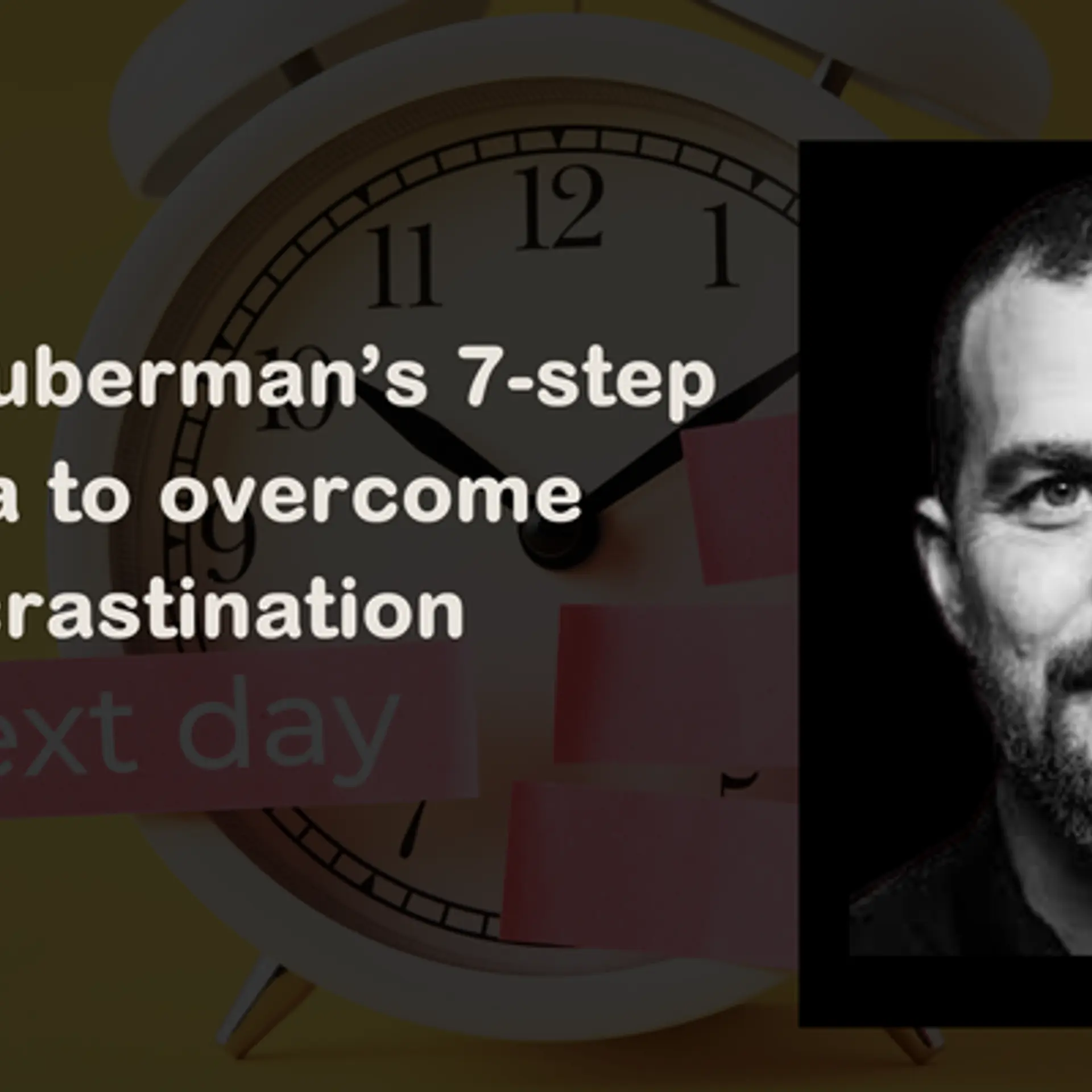The Teach For India alumni diaries - Anoop Parik's story
I love my kids – just like a parent or an elder brother does and I desert them now. My destiny brought me here; and I decided to see them through the board exams, this is why I stayed.
Meet Anoop Parik – an alumnus of Teach For India who stayed back after completing his Fellowship in 2010, and currently works as a full-time teacher at Geeta Vikas, a low-income school in the slums of Govandi, Mumbai.

SS: How did you get to associate with TFI?
AP: It was while I was working as an academic counsellor at the College of Wooster, Ohio when friends in Teach For America and Teach For India inspired me to join the TFI Fellowship. India was a default option – there’s a lot of work to do here and it’s where I was born and brought up. Teaching elsewhere wasn’t something I’d even considered.
SS: You must have had a picture in your head about how teaching at TFI was going to be. How different was the reality when you actually got to it?
AP: I was never really sure what to expect from a teaching job. The only time I’d thought about teachers was when I was a student myself, and I knew that would be far from reality. The most surprising aspect was that school wasn’t as disorganized as I’d expected. Things worked out quite alright most of the time. There were things that needed change, but it wasn’t as though the system was absolutely dysfunctional as I had presumed.
SS: With your peers in lucrative jobs and living in luxuries galore, do you think you’re missing out on something? How have people reacted to your choice of profession?
AP: The idea of a ‘lucrative’ job or ‘luxury’ is a manufactured pretence that assigns value to things that we don’t necessarily need. I am able to live an absolutely comfortable life within my means, and find that ignoring the manufactured need for ‘luxury’ makes my life a lot simpler. People and members of my own family, some of them who’ve been teachers themselves keep asking about what I plan to do with my life. Opting to be a ‘masterji’ doesn’t go down well with the society.
SS: Tell us about the kids and their challenges.
AP: Every child has immense potential. Kids from these communities, it just gets marred by the reality of what they live everyday. They are fighting for survival and trying to escape the vicious circle they have seen the people around them in. Sometimes, they succumb to the pressure and fall prey to illegal activities. They feel helpless and can’t see what the can achieve.

SS: What are the problems the system is fraught with?
AP: Problems are at all stages, starting right at the school level going up to government policy. The good policies aren’t practical and the practical solutions aren’t backed by policy. Stakeholders at all levels have to work in tandem and work towards the singular goal of education equity. Teachers, who are the very backbone in this entire setup are the most undervalued and underpaid lot.
SS: What has been the biggest learning so far?
AP: Patience. The children have taught me patience, no one can test you like the kids do. I’ve learnt to empathetic and understand the demons these children fight with. I’ve also learnt to patient with change. It will not happen overnight. You just have to keep doing the right thing despite failures, and it will all add up to the change we hope to see.
SS: What keeps you inspired?
AP: The children – their desire to learn, their ability to keep questioning things around them, and their boundless energy for doing new things.
SS: What plans do you have for the future?
AP: I plan to keep teaching for the rest of my life. I’m just learning right now, and it’ll be a while before I can credibly say that I know what I’m doing in the classroom.
SS: What is your big dream?
AP: As a teacher, I feel that we are failing as a country right now. I feel we’ve managed to de-prioritise things that are most important for any society to thrive or even survive (like health services, education, environmental protection – which no one can argue are not important) in lieu of perceived needs (bullet trains, mining laws being changed for development, modernizing the army). It’s hard to explain or talk about a ‘big dream,’ but, as a teacher, I would think we have achieved success only when our focus (as a nation/society) shifts towards things that matter.
Teach For India has a singular vision – One day ALL children will attain an excellent education. “It’s doable, together we can attain this vision” he says in response. For Anoop, the biggest achievement will be when all children will be empowered to make responsible choices with complete freedom. He hopes to see a country with today’s children as the citizens of tomorrow being good human beings. The only thing Anoop desires is, to inspire, educate, and encourage as many lives as he can.
We doff our hats off to Anoop, and we hope to see many more ‘Anoops.’ He really does embody the phrase “Be the change you want to see in the world.”



![[YS Exclusive] SquadStack debuts AI-driven CX platform featuring humanoid AI agent](https://images.yourstory.com/cs/2/fe056c90507811eea8de27f99b086345/CopyofNewPPTTemplates-2025-03-05T190037-1741181509927.jpg?mode=crop&crop=faces&ar=16%3A9&format=auto&w=1920&q=75)



